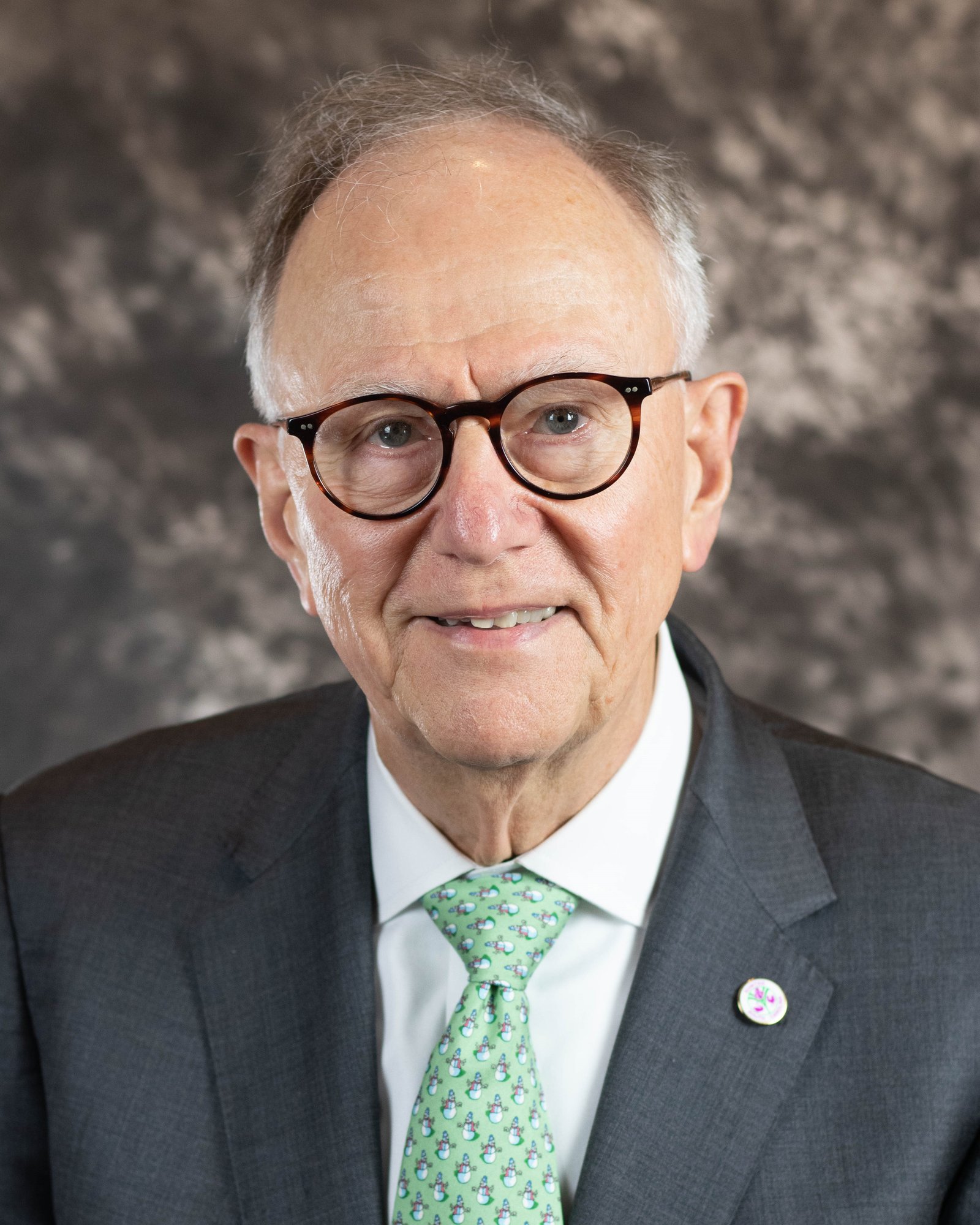South Carolina expert addresses legality of live-streamed government meetings according to FOIA
shelbie@theitem.com
As the coronavirus pushes everyone into isolation more and more, disrupting daily routines, local government still has meetings, public concerns and community projects to attend to.
In this day and age of innovation and technology, many public council meetings are being live-streamed for the public's viewing as they continue to practice social distancing to reduce the spread of COVID-19. However, the move prompts a question any newspaper should ask: Are live-streamed meetings considered a legal open meeting if the public can't attend physically?
By South Carolina Code of Law, under the Freedom of Information Act, all public body records and meetings are open to the public and cannot be withheld or closed unless there is a specific exemption or other state law that applies.
Jay Bender, attorney for the South Carolina Press Association, recently wrote a column called "Public meetings in a time of pandemic" addressing these concerns, whether it's legal to live-stream public meetings and how it affects members in a community amid COVID-19.
"I think the way to do it is to convene a meeting in public, use a facility that has ample space so you can have physical distance between the members of the body and members of the public," Bender said. "If you want to limit the number of people who come in at a time, do that and let them come in and make their public comments and have a public hearing. In those circumstances, live-streaming without the public having an opportunity to be present to make comments would be a violation of law because that's not a public hearing."
When it comes to public hearings, Bender said when they're required by law, council has to allow the public to speak during the meeting. He believes local government agencies can take extra precautions in making the community feel safe as they are allowed to address their concerns in a public hearing.
To Bender, live-streaming or broadcasting public meetings on a cable channel would be ideal, but the public needs access to it. He also added that government meetings could still conduct public comments, even though they are not required by law, and allow community members to write a letter that can be read or placed on record during the meeting.
"There's a tendency in times of crisis for the government to try to act in secret, and when that happens, the government loses the confidence of the people," Bender said. "If there was ever a time we needed to have confidence in our government institutions, it's now."
Both Sumter City and County Council recently passed an emergency ordinance allowing their staff to work remotely and hold meetings electronically, but there are still questions as to how certain matters, like public hearings, will be handled.
City of Sumter Mayor Joe McElveen said council members and staff are working on plans to handle public meetings in the near future, as they do not have their next meeting until Tuesday, April 7.
"My guess is that we will not have that meeting unless we have to or unless something has really changed favorably in regard to the virus," McElveen said. "If we do meet, we're almost positive we will do so through technology to avoid contact and will handle all essential matters."
Sumter County Council had its meeting on Tuesday live-streamed for public viewing through the council's YouTube channel. There was a public hearing during that meeting on a rezoning request, where Chairman Jim McCain asked that only those affected by the agenda items attend the meeting. No one attended to speak during the public hearing.
"We're just trying to limit the number of people that come. We have not discussed it any further than that, but we don't know what we're going to do for the next meeting. That's going to be in late April," McCain said.
Sumter County Council canceled its next meeting on Tuesday, April 14, because of the virus, according to McCain. County council is also trying to figure out how they plan to continue with meetings as normal as possible.
"We're just going to wait until we get closer to the meeting scheduled on April 28," McCain said. "We're hoping this thing will be over with. As we get closer to that, we'll have to make a decision."
More Articles to Read

